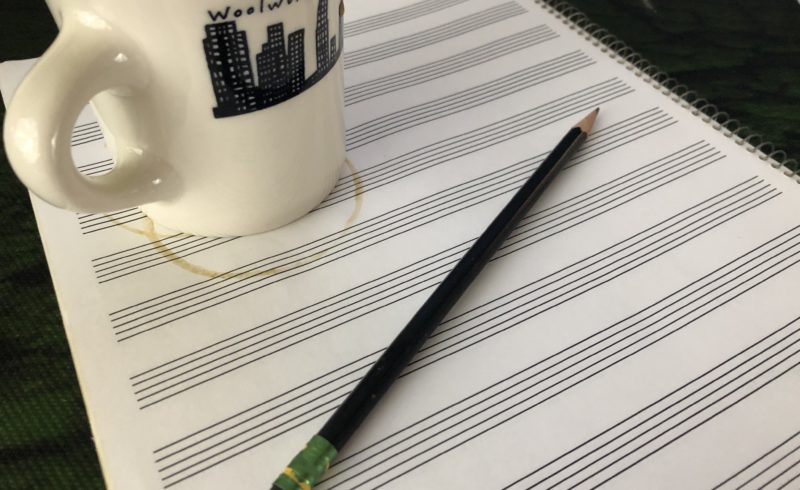
The phone rang this morning, and the conversation began: “Hello, Mr. McBrearty, I’m looking for a copyright musicologist. Is that what you do?”
I’d never heard the phrase “copyright musicologist” before, but a copyright musicologist is what they were looking for, and most musicologists are not “copyright musicologists” at all.
“Is that what you do?” was an appropriate question.
There are two main types of musicologists. Most musicologists are “ethnomusicologists” quite unconcerned with legal matters, copyright, and plagiarism; and far more interested in music as it pertains to history and culture. They’re not copyright musicologists at all.
If someone sampled your song, or you’re concerned one of your new songs might sound too much like an existing song, you’re looking for what’s called a “forensic musicologist;” forensic is the copyright kind. Forensic musicologists apply expertise in music theory, history, and production to evaluate and illuminate the degree to which observed similarity between two or more songs supports an inference that one was copied from another, and whether or not the similarities are sufficient and substantial enough to rise to the level of possible copyright infringement. The word “forensic” in any field refers to matters of law related to that field. Forensics of all types are concerned with solving legal matters.
I said to the composer on the phone, “Yes, I’m the copyright kind.” Musicologize.com is a music services company concerned with musicology as it relates to copyright, plagiarism, similarity, and originality. Forensic musicology services help in substantiating or defending a copyright claim, and often with ensuring against a claim arising in the first place. This call was that kind. Preventative musicology.
“The agency says I got the placement, but they want a musicologists report,” said the composer, “Can you do that?”
This was a placement in a national advertising campaign, so before the commercial started airing the agency required this step, and it’s become standard procedure because (insert dramatics: “in litigious times like these”) it’s rational. Occasionally I analyze a piece and have to say, “YOU CANNOT DO THAT! You are going to blow yourself up!” And those are obviously “Whew!” moments. But usually, the analysis lands somewhere between, “This is fine. Here’s your report,” and “This won’t cross any lines, but here are a handful of suggested changes that will get us to a much better place and you can still launch tomorrow.”
Ask your lawyer about the value of taking the step of demonstrating care and concern in ensuring you’re not infringing upon anyone’s intellectual property. Consider this: The difference between maximum statutory damages for willful infringement versus unintentional is stark. It quintuples! Meanwhile, every copyright lawsuit I have ever read complains that the defendant did it intentionally and should pay the max. This composer’s advertising agency client, not to mention the creative agency’s corporate client, will prefer to have the report to wave in front of any fishing expedition that might come along.
The next phone call today was from someone who heard a lot of similarities between a big hit from last year and a song he and his producer put out the year before. This is the other main service Musicologize provides. When you ask a forensic musicologist or a copyright musicologist 🙂 to write up a report proving someone stole your song, you should get more than that. These engagements center around the client as a person. Litigation is expensive, contentious, and stressful. Clients need all the relevant facts, strengths, weaknesses, risks, and rewards well understood and their best interests protected. A copyright musicologist, or forensic musicologist, provides the analysis and creates the reports that will either support or defend against an infringement claim.
More and more the emphasis is on the “preventative medicine” sort of musicological analysis.
An ounce of prevention is worth a pound of cure.